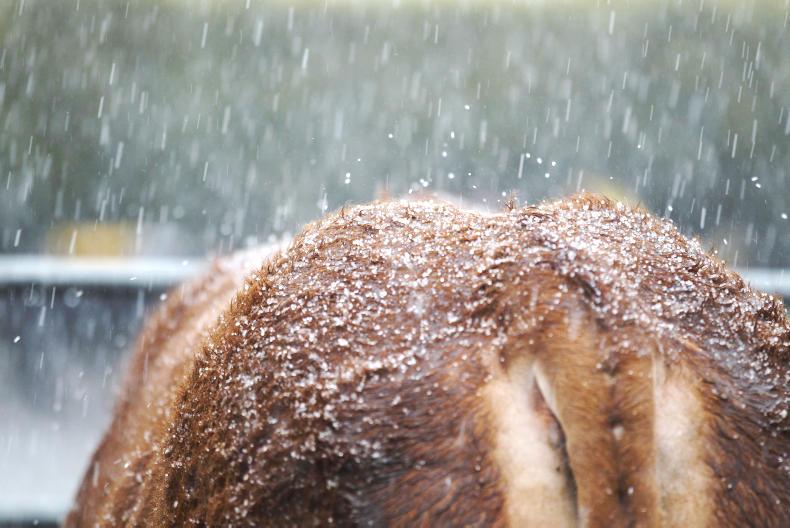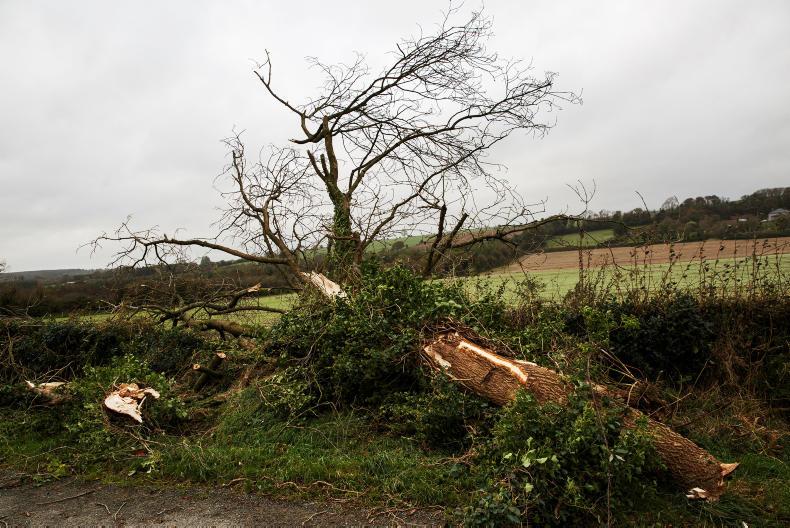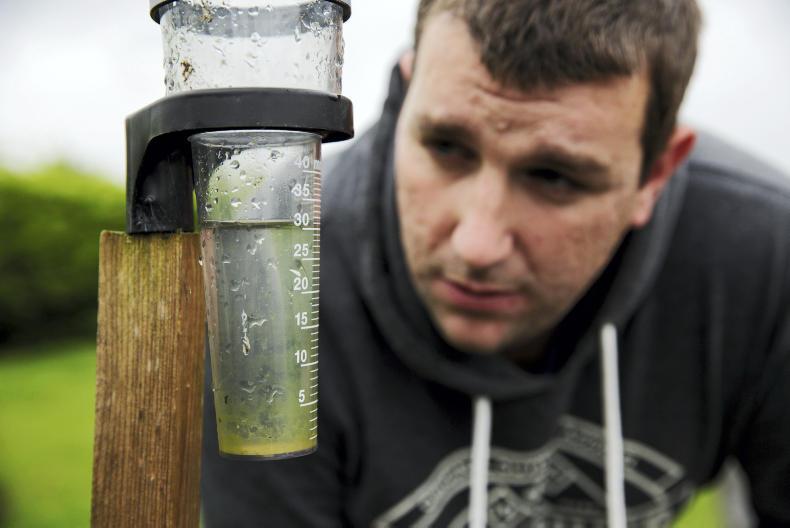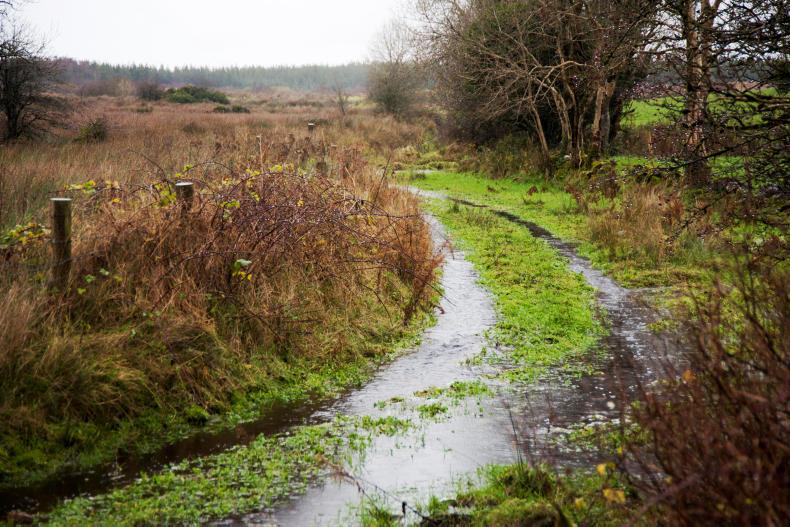This summer has been the fifth wettest in Scotland since records began, according to figures from the Met Office.
In fact, western Scotland has been the wettest region of the UK this summer, with over half a metre of rain recorded up to 30 August (137% of the average).
“We’re running, on average, 126 inches of rain per year now, and this is one of the worst summers I can remember,” said Neil McCorkindale who farms just outside Oban. “The grass was well ahead of schedule and we had beautiful weather for lambing in April and May.
“Unfortunately, when we got into June it went rapidly downhill. To get your silage secure you really had to pick your half days here and there and just go for it. There was no question of cutting it and leaving to wilt for 48 hours.”
Rainfall
Rainfall has been just over the average for the UK as a whole this summer. Wales has come in just under with 99% of the average rainfall.
Northern Scotland and Northern Ireland were the wettest regions. In Scotland, 1985 remains the wettest summer on record.
While it may have been wet, the summer was also quite mild. Temperatures were slightly warmer than average, helped by the fine spell at the end of June and beginning of July. June was the fifth warmest month in UK records, dating back to 1910.
The UK as a whole has been 0.41°C above the long-term average. East Anglia has been the warmest region, while northern Scotland has been the coolest region, just 0.01°C above its average.
August itself was a little cooler than usual, with all regions in the UK showing a slightly lower temperature than average.
Only Caithness, Ross and Cromarty, Sutherland, Western Isles, Shetland and Orkney were above their average temperatures.
Sheep scheme
According to the NFU, this makes a good case for the 16 October deadline for the Scottish Upland Sheep Support Scheme to be extended. In a letter to Cabinet Secretary Fergus Ewing, the union has requested that Scottish Government seek European approval for a one-off extension to the application period for SUSSS to at least 16 November in recognition of the exceptionally poor weather.
“Given this year’s extremely poor weather, especially in the west, not only do some farmers and crofters not have any winter fodder made, but they have had little or no opportunity to gather some of these extensive hillsides to clip, wean lambs and draw their future breeding stock,” said vice president Martin Kennedy, chair of the union’s Less-Favoured-Areas Committee.










SHARING OPTIONS